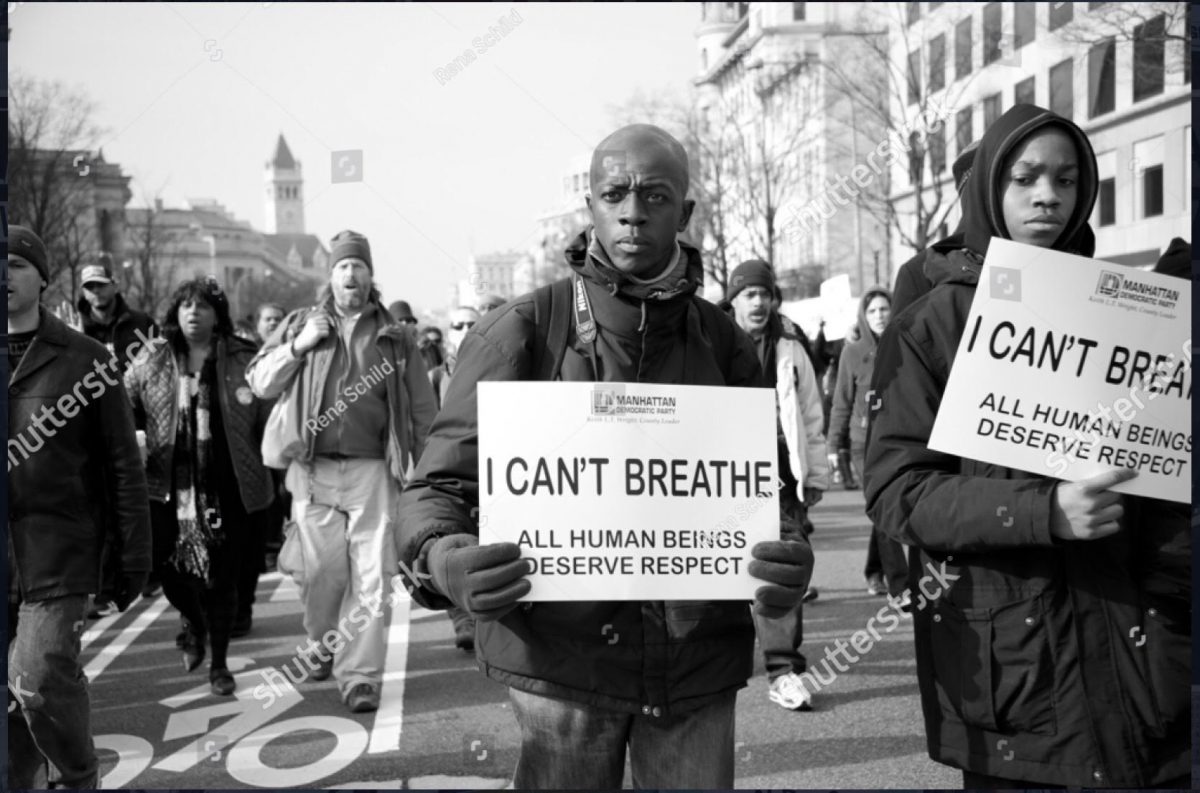More than forty years ago I was a student at a Christian university near St. Paul, Minnesota. During my last year there several friends and I rented a house on Chicago Avenue in south Minneapolis, a neighbourhood with a racially mixed population. During my studies I was attending a vibrant United Methodist congregation in that same part of the city. Many of the families were mixed-race, something I had failed to notice until a row of parents and young teens stood at the front of the church for confirmation one Sunday. Obviously they felt welcome there, and I cannot recall anyone going so far as even to mention this reality.
Fast forward to the start of the third decade of this century. Minneapolis resident George Floyd was allegedly murdered by a police officer within walking distance of that house we lived in. The uproar following this heinous event brought back all the emotions many of us felt during those long hot summers of the mid-to-late 1960s, when race riots consumed entire districts of New York, Chicago, Los Angeles, and Detroit. I remember the fear I experienced on hearing of the assassination of Martin Luther King in April 1968, recognizing that this single event would set off explosive unrest throughout the United States. Indeed it felt as though the country was falling apart.
Following the troubles of those years, I had hoped that racial tensions had finally dissipated and that we had all learnt a lesson to take into the future. I wanted to think that the cold-blooded racism that greeted civil rights marchers in Mississippi and Alabama was a thing of the past and that we had grown beyond this infantile focus on epidermal pigment. The events of the past week or so have prompted me to question my previous assessment.
Don’t get me wrong. There has been progress in the past six decades. Overt racism has largely disappeared from polite society and the mainstream media. I am not one to use the language of white privilege, which, while containing an element of truth, amounts to a counsel of despair and is incapable of leading to feasible policy options in a complicated world. Nevertheless, it is true that, if I, a man of European and Middle Eastern ancestry, had inadvertently passed a counterfeit 20 to a merchant, I would still be alive. We cannot and ought not try to diminish the significance of this.
I wish I had a positive word to contribute to this deplorable situation. I could point out that this was a single regrettable incident–a criminal act which we can expect will be punished accordingly. But to do so risks sounding as if wishing away its larger ramifications and 400 years of history. I would like to be able to gather together all my published writings on nationalism and political ideologies and set them up in the middle of the turmoil. Perhaps people would decide to talk with each other in a reasoned manner, willing to consider abandoning the idols that mar our public life for the sake of doing justice. Perhaps. But most of me knows better. At this point, all I can do is grieve for the country of my birth, which has become so severely divided in recent decades. It is easy to fix blame on one side or the other, but I will refrain from doing that.
There will be time to reflect on the events of the past weeks. The hour will come to analyze carefully all of the elements that have converged to set off a firestorm. At this point, however, many of us need time simply to lament. The Psalms provide ample resources for expressing our grief. For now, we wait and we pray. May God have mercy on the United States and grant its leaders a heart to do justice and to seek reconciliation at a troubled moment.
















